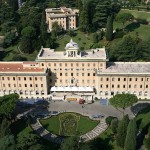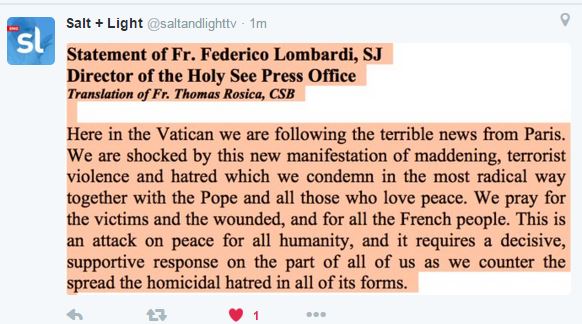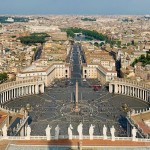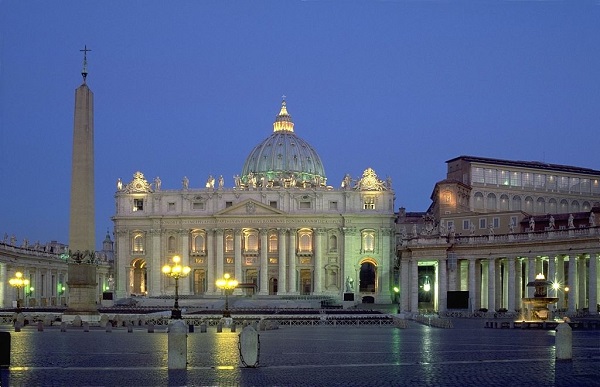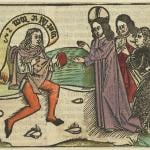 Last week Venerable Pope Paul VI moved one step closer to canonization, when the consulting theologians from the Congregation for the Causes of Saints approved a miracle attributed to his intercession.
Last week Venerable Pope Paul VI moved one step closer to canonization, when the consulting theologians from the Congregation for the Causes of Saints approved a miracle attributed to his intercession.
In December, I reported that the Medical Commission of the Congregation for the Causes of Saints, headed by the Pope’s personal physician, had declared that the former pope’s healing of an unborn child is “unexplainable” and had forwarded the case to theologians for review before the case goes to the Pope.
On February 21, Andrea Tornielli reported in Vatican Insider that those theological experts were in unanimous agreement that the healing attributed to the intercession of Pope Paul VI was, in fact, miraculous.
The case involved an unborn child who was expected to be born with serious brain damage. Catholic News Agency has the story:
In the mid-1990s in California, the then-unborn child was found to have a serious problem with a high risk of brain damage. Physicians advised that the child be aborted, but the mother entrusted her pregnancy to Paul VI.
The child was born without problems, and now that he is an adolescent and remains healthy, he is regarded as having been completely healed.
The healing had already been announced as medically inexplicable by the medical commission of the Congregation for the Causes of Saints.
A miracle must be approved by both the members of the congregation and Pope Francis in order for Pope Paul VI to be beatified – the last step in the canonization process prior to being named a saint.
The cause for canonization of the late Pope Paul VI was opened in 1993. In December 2012, Pope Benedict XVI signed a decree recognizing his “heroic virtue” and bestowing on him the title “Venerable.”
Pope Paul VI’s many contributions include his leadership over the Second Vatican Council, which had been opened by his predecessor Blessed John XXIII; his promulgation in 1969 of a new Roman Missal; his reaffirmation of the benefit of priestly celibacy; and his reform of the Roman Curia.
Especially notable, though, was his publication in 1968 of the encyclical “Humanae Vitae” which reaffirmed the Church’s teaching about the value of human life even at its earliest stages, and which explained the Church’s opposition to contraception.


